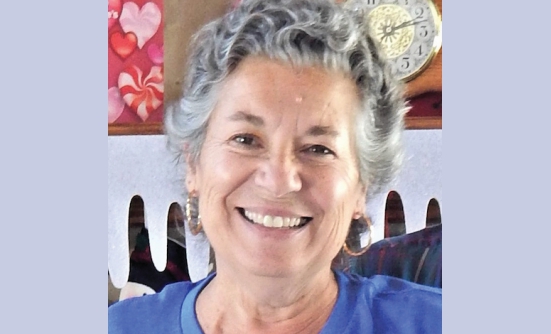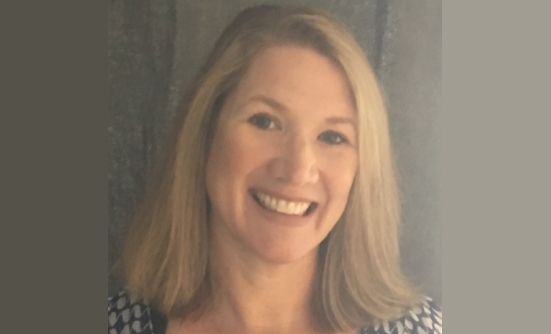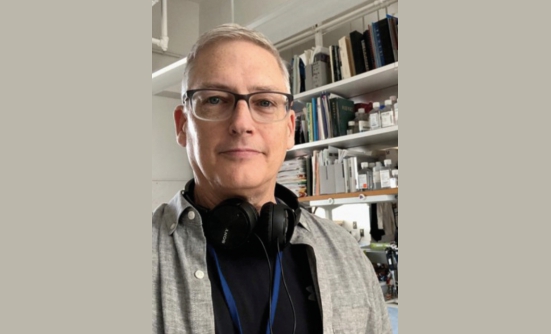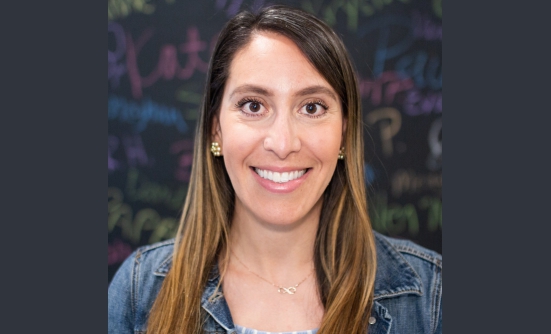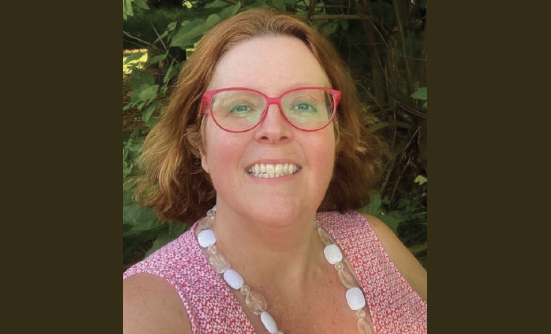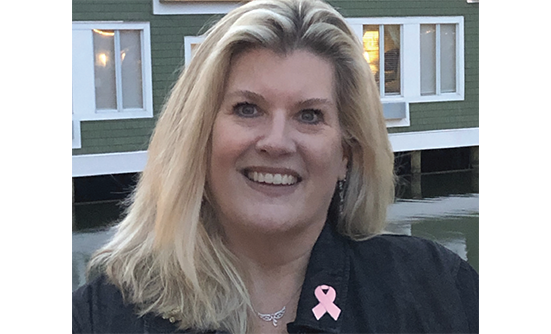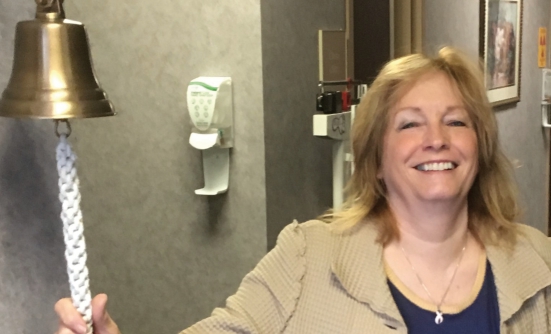April 10, 2008, was the date I became a survivor! I refer to it as my “Cancerversary.” That is the date I was diagnosed with breast cancer. Many people choose the date of completion of chemotherapy and/or radiation therapy as the beginning of survivorship. That is the date many of you choose to remember.
I remember every date, too: the day of surgery, the day my port was placed, the day I started chemotherapy, the day I was hospitalized because of a very low white blood cell count, the day I finished chemotherapy, the days I started and finished radiation therapy, and yes, the day I was diagnosed again (2 years later) with a second bout of breast cancer, and the date of my double mastectomy to get rid of the cancer once and for all.
There is no rule on which date to call your survivor date; the importance is that you are here, you have those dates to celebrate yourself and all the surviving steps along the way.
The Stages of Survivorship
According to the American Cancer Society, a cancer survivor is any person who has been diagnosed with cancer, from the time of diagnosis through the balance of life. This definition includes 3 distinct phases of survivorship:
- The time from diagnosis to the end of initial treatment
- The transition from treatment to extended survival
- Long-term survival
The goals of treatment are to cure the cancer, if possible, and/or prolong survival, to provide the highest possible quality of life during and after treatment.
Cancer affects not only survivors but also their family members and close friends. According to the American Cancer Society, many caregivers are the spouse (66%) or offspring (18%) of patients with cancer, and women are 65% more likely to be caregivers than men.
A cancer diagnosis is often seen as a “teachable moment” for both survivors and caregivers. Increasing evidence has shown that caregivers may also be motivated to make positive changes to improve their own health after a loved one’s cancer diagnosis. It is within this “teachable moment” that health interventions can become ingrained habits and have the greatest potential for long-term success throughout the cancer continuum for survivors and for caregivers.
Cancer-free survivors must cope with the long-term effects of treatment, and with psychological concerns, such as fear of cancer recurrence. Patients, caregivers, and survivors must have the information and the support they need to play an active role in decisions that affect treatment and quality of life.
Treatment Is Finished, Now What?
So, you’ve finished treatment—now what? My doctor checked on me regularly, I was at the clinic daily for radiation treatment or 2-3 times a month for chemotherapy. But who is going to watch over me now?
These are normal questions, and the common answer to all of them is you! You are a survivor! You control your life from here on. Yes, your oncologist and care team will be checking on you regularly, monitoring blood tests, scans, and any necessary additional tests, but a very important part of cancer care is the management of symptoms related to your cancer and treatment for long-term and short-term quality of life, along with your physical and psychological functioning.
Long-term survivorship can be stressful yet hopeful. Survivors are relieved to have completed treatment but may have to make physical, emotional, social, and spiritual adjustments to their lifestyle; in other words, to find a “new normal.”
Finding Your New Normal
There is no recipe to follow, no manual to read, and no online site for information. The “new normal” is whatever works for you. You have survived, you can begin again, try new things, go to new places, but most important, take time for you!
It’s easy to feel sorry for yourself when you first hear that you have been diagnosed with cancer. You wonder, why me? What did I do wrong? What could I have done better to take care of myself to prevent this?
There are no answers to those questions, but you could choose to look at them in a different way, saying:
- “Look at me, I survived cancer”
- “I’m going to live my life to the fullest each day, doing the things I love”
- “I was given a warning signal, and now I will take better care of my body mentally and physically”
Many programs are offered in your community or through your nurse navigator that you can take advantage of for free or for a minimal cost. Resources are also available online to find others who are fighting cancer and working toward their own survivorship.
You have the opportunity to take the class you always wanted, or take a day to discover the beauty that surrounds you. Live a healthy life; start today and find your new normal!







